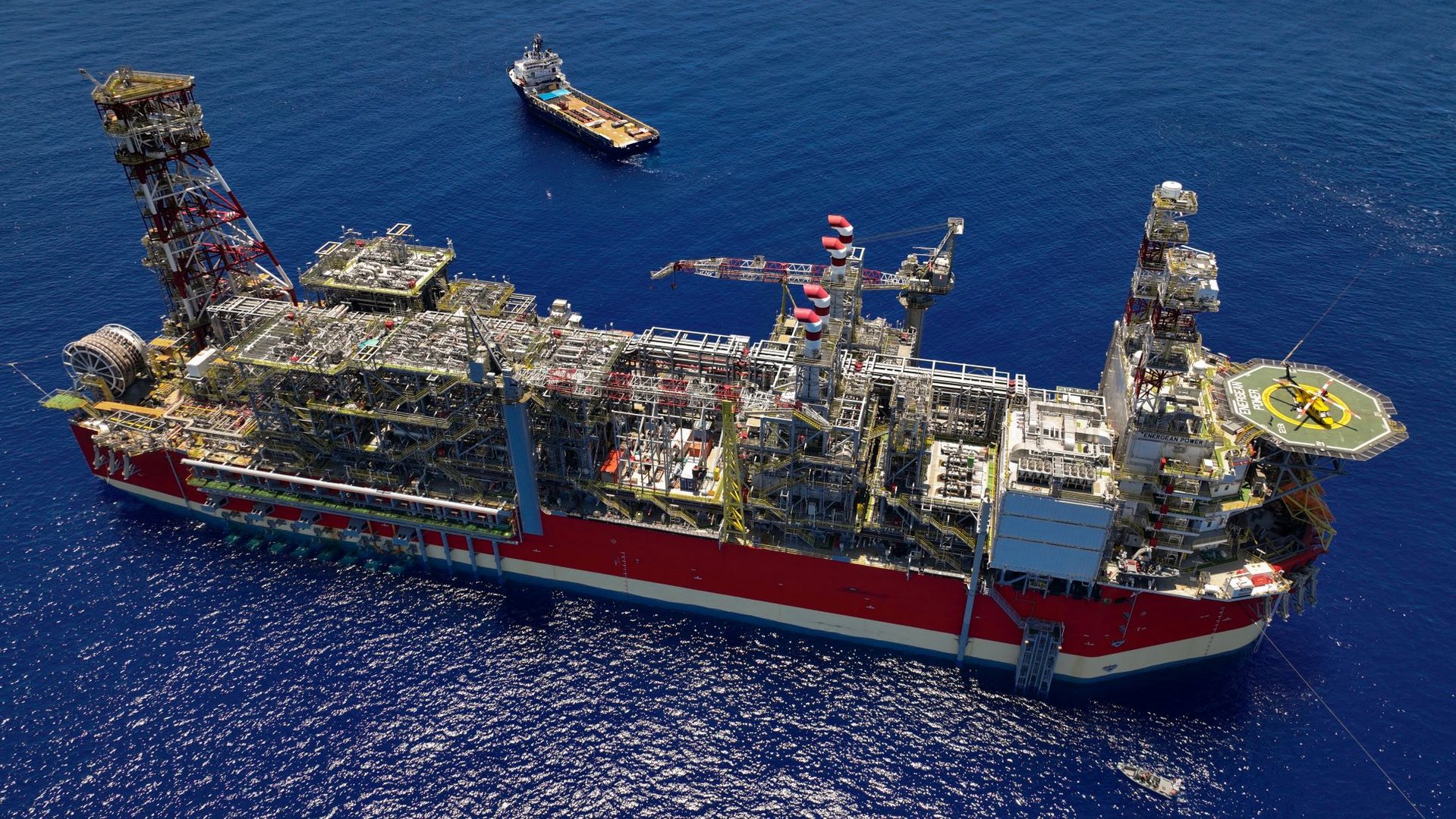The Sunday before last, Israel’s prime minister, Benjamin Netanyahu, announced, out of the blue, that natural gas would be sent from Israel’s gas fields by pipeline to Cyprus, where it would be liquefied and exported to Europe as LNG. It was strange that the announcement was made a just few days after President Nikos Christodoulides visited Israel and met Netanyahu. Nothing was said by either leader during the visit when they spoke to journalists.
Minister of energy Giorgos Papanastasiou, confirmed the report, saying that the proposal came from Nicosia and that he would be returning to Israel to sign an agreement as well as to resolve the long-standing dispute over unitisation of the Cyprus’ Aphrodite gas field which overlaps with Israel’s Yishai field. Efforts to find a compromise have been going on for years; last September the energy ministers of the two countries said an agreement was close.
It would take 18 months for the pipelines to be laid and gas to arrive in Cyprus, once the contracts have been signed, said Papanastasiou. The liquefaction facility would require two-and-a-half years for completion. Next Monday there will be a seminar attended by representatives of all the companies involved in the Cypriot EEZ, so that the minister could secure answers about their plans, while in mid-June a ministry delegation will fly to Israel for the signing of an agreement for the pipeline. The minister was quoted by Politis as saying he would stay in Israel for as long as it took to sign an agreement.
Cyprus’ energy plans have changed so many times over the last decade it is difficult to believe anything we hear now. Cyprus would export LNG through carriers to Europe, in what Papanastasiou described as the ‘East Med corridor’, which was a more realistic project than the East Med pipeline. Until, liquefaction is possible, the Israeli gas brought here by pipeline could be used for Cyprus’ power production, he said. In such an event, what would happen to the gas that is to be brought though the facilities being set up by the Chinese consortium? Would there be a need for the €300 million facility if gas is brought in by pipeline?
An even bigger question, is what would happen to Cyprus’ gas reserves? Why will Cyprus be buying gas from Israel when it has its own reserves? Will our gas deposits be left under the sea? As for Israel, it has already signed an agreement to take its gas to Egypt from where it could be exported as LNG, so why would it also be sending gas to Cyprus for liquefaction? Last June the EU, Egypt and Israel signed a memorandum of understanding for the supply of gas to Europe. Why does Israel want to export LNG to Europe via Cyprus as well?
It just seems like Cyprus will be used to market Israel’s gas to the EU and leave its own under the sea. Is this the latest government plan or is there something we are not being told?







Click here to change your cookie preferences